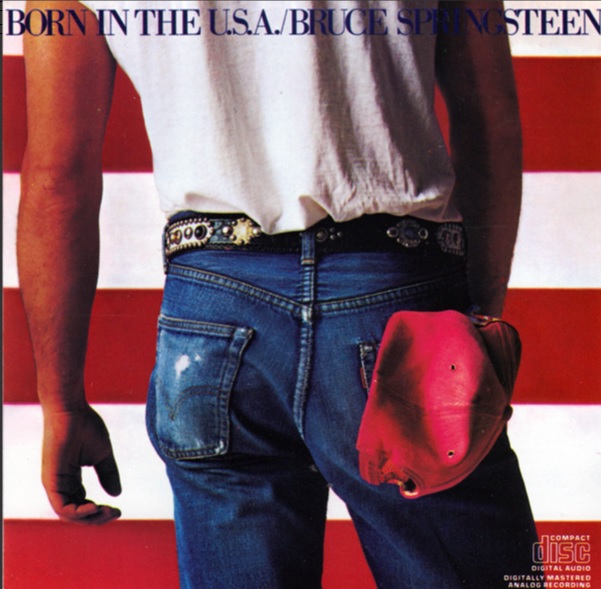Tom Williams on Bruce Springsteen’s lasting appeal to the left:
Springsteen’s music seems to come from an intuitive understanding of oppression, exploitation and life at the margins. As a multi-millionaire, Springsteen is, by any Marxist definition, no longer working class, but he is from the working class, of the working class, and his understanding of the complexity and contradictions of working class life transcends his economic status. His work has a boundless empathy for those holding on for dear life, eking their way from one day to the next, from his father and his factory colleagues ‘outside the foreman’s gate, with death in their eyes and hearts filled with hate’ to the sad-eyed sex worker in ‘Candy’s Room’, which juxtaposes a typically muscular, whooshing E Street Band chorus with a delicate, twinkling first verse that treats the titular Candy with tenderness and sensitivity.
Darkness on the Edge of Town was the first Springsteen album I bought, sometime in ’84 or ’85, when he had became a superstar on par with a Michael Jackson or Madonna, purely because it was cheaper than Born in the USA, the album that had made him that famous. I’d inadvertently made the correct cheap out of sheer cheapness there. Darkness is the key album you need to understand Springsteen and understand why even decades later he can still related to where he came from. Springsteen’s first two albums had been very different from anything he would do later, Dylan being one influence, but also having a certain funkiness that would disappear with Born to Run, the one that made him a breakout star. From it you can sort of see the kind of career he could’ve had if that long, protacted legal battle with his ex-manager hadn’t interfered. For three years he couldn’t record, just tour and it drained out a lot of the optimism he had before. But it also meant that at this crucial period he had no choice but to keep in touch with his roots, a working class band for mostly working class audiences still. When he was finally free to record again, the end result is a bleak album, not quite as bleak as Nebraska or some of the darker parts of The River, but full of stories about losers and working stiffs trying to make it through life. It’s the album that made me a lifelong fan in a way Born in the USA couldn’t have done, an album that would forever ground Springsteen.
We should probably not underestimate the influence of the E-Street Band here either. If you listen to the Lost Masters, bootlegs of studio tapes from that period of 1977-1984 you get a glimpse in how much of the song writing was also a collaborative affair, how much the Band influenced the Boss and vice versa. Springsteen has always been capable of working solo or without the E-Street Band structure, as Nebraska and The Ghost of Tom Joad have proven, but it’s no coincidence that his worst creative period was in the nineties, where he completely stopped using them.
For me personally, I don’t think that was Springsteen who made me a socialist, but discovering his music the way I did at the time I did, certainly helped made it easier.
